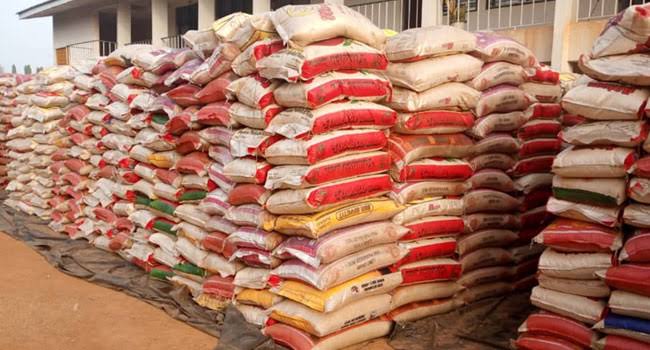The European Union, EU which comprises Germany, Italy, Spain, France and 23 other countries, says it can impose restrictive visa implementation rules
The European Union, EU which comprises Germany, Italy, Spain, France and 23 other countries, says it can impose restrictive visa implementation rules on Nigeria, if it fails to play its part in the return and readmission of its nationals staying illegally in the EU. It further stated that although it would not place a visa ban on Nigeria, it could make its visas more difficult for Nigerian applicants if Nigeria failed to meet its standards, Punch is reporting.
Recall that the United States had last month, imposed immigrant visa ban on Nigeria and five other countries. Under the new policy, citizens of the affected countries would not be allowed to apply for visas to emigrate to the US under the policy aimed at tightening “security for countries that don’t comply with the US minimum security standards or cooperate to prevent illegal immigration.”
The EU Spokesperson for Foreign Affairs and Security Policy, Ms Virginie Battu-Henriksson, said Nigerian criminal networks remained active in the EU although the number of Nigerians entering the EU irregularly declined drastically last year. Battu-Henriksson stated that if Nigeria did not play its part in the readmission of its citizens living illegally in the EU, then strict measures could be put in place. She said what the EU could do if Nigeria failed to meet its criteria was to adapt the rules on processing short-stay visa applications.
Battu-Henriksson stated, “What the EU can do since new rules on short-stay visas to the EU became applicable on 2 February 2020, is to adapt the rules on processing short-stay visa applications, depending on whether a non-EU country cooperates satisfactorily on the return and readmission of their nationals staying irregularly in the EU. Under the new rules, the EU Commission will regularly assess the level of cooperation of non-EU countries on the readmission of irregular migrants. If the level of cooperation is insufficient, the commission, together with member states, can decide on a temporary more restrictive implementation of certain provisions of the visa code.
“This could have an impact on the processing time, the length of validity of the visa to be issued, the level of the visa fee to be charged and the fee waivers. It is important to note that this mechanism does not amount to a visa ban and does not call into question the right to submit an application for a visa or to be granted a visa. It only allows for a more restrictive implementation of some of the visa rules. This concerns short-stay visas to the Schengen area, covering stays of up to 90 days in any 180-day period.”
Battu-Henriksson said Nigeria remained a partner in the fight against terrorism and human trafficking and that the European Union was also supporting the multinational joint task force in its fight against Boko Haram and had donated 55 million euros to the African peace facility.


